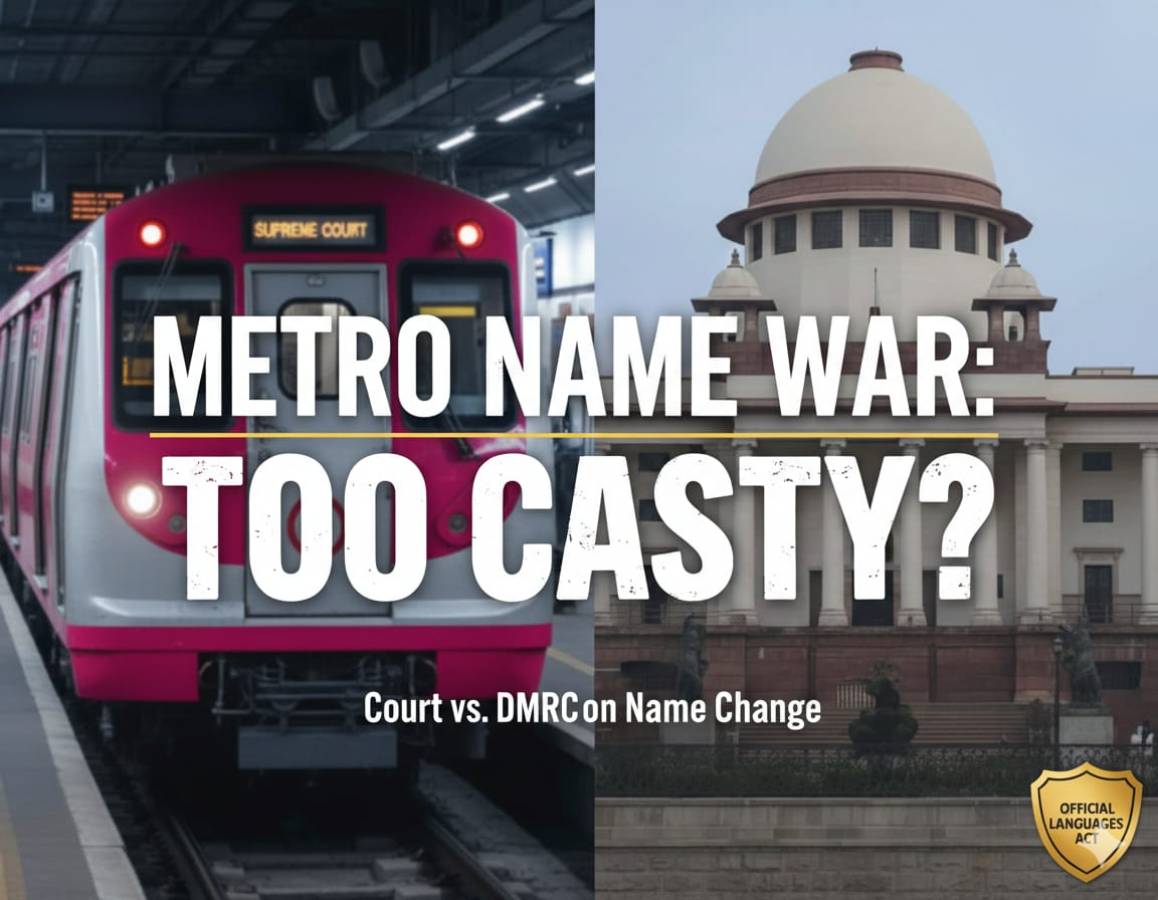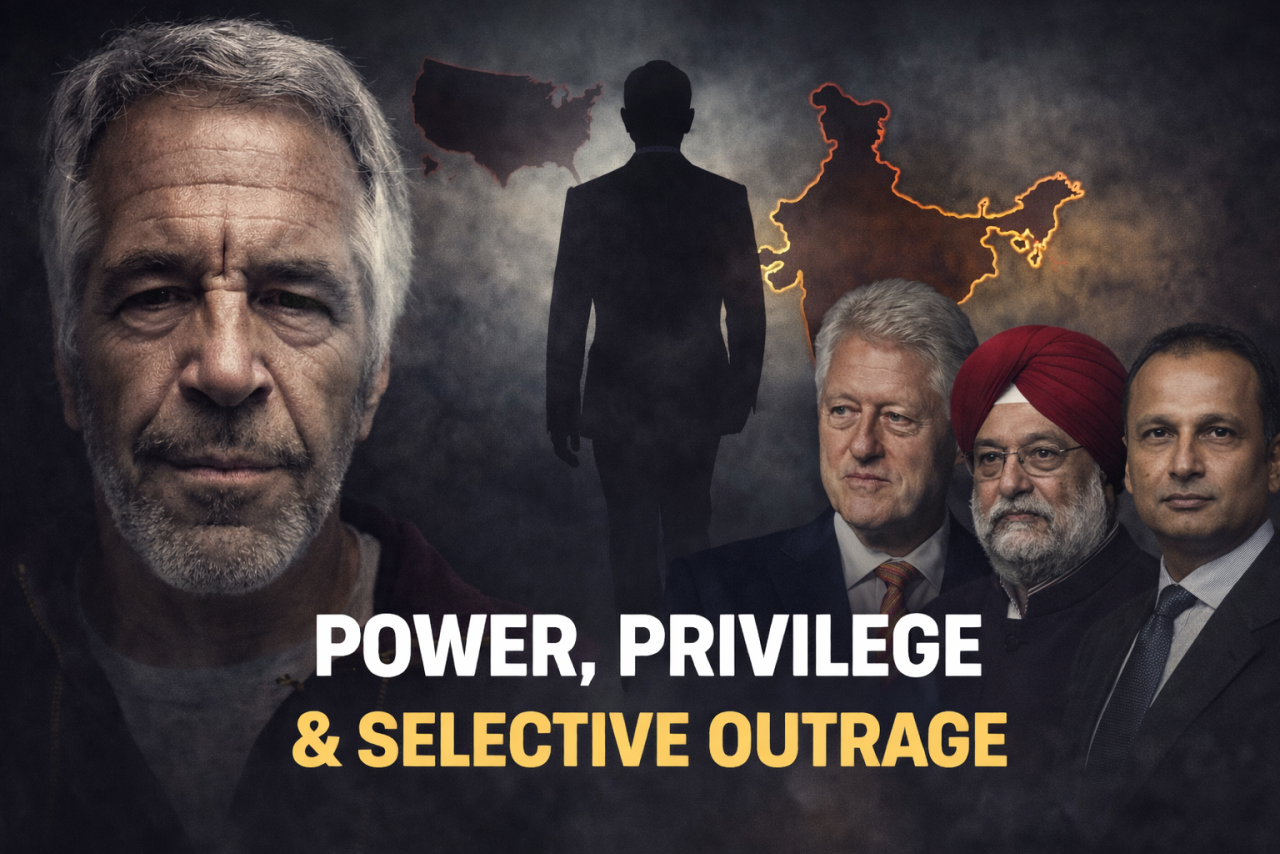.jpeg)
There was a time when India’s institutions were the envy of the developing world — the Election Commission, the Supreme Court, the IITs, the RBI, and others. These were the pillars that upheld the idea of India: a noisy but vibrant democracy that somehow worked. Today, those pillars are showing cracks. Not because of one government or one moment, but because of decades of erosion in autonomy, accountability, and imagination.
The story of collapse didn’t unfold overnight. It is the slow decay of systems meant to guard, guide, and grow a nation, now stretched thin between bureaucratic rot, political overreach, and public distrust.
The Trust Deficit: When Faith in Institutions Fades
A democracy runs on trust. But India’s trust meter is flashing red. The Edelman Trust Barometer (2025) notes that India has fallen to third place globally, a subtle but significant slide. Among lower-income groups, only 65% of people say they trust national institutions, compared to 80% of the wealthy. That is not just a statistic but a warning flare.
When citizens no longer believe the system works for them, it begins to crack from within. Economist Pronab Sen once observed, “Institutions don’t fail in a day. They fail when governments stop listening and citizens stop expecting.” India today feels dangerously close to that line.
Universities: Shrinking Spaces of Thought
The crisis is perhaps most visible in our universities, once hotbeds of debate and dissent, now struggling for breath under red tape and political scrutiny.
According to a 2024 RTI report, 83% of ST faculty posts and 80% of OBC professorships remain vacant in central universities. Classrooms are shrinking, research budgets are frozen, and autonomy is being quietly strangled. The Academic Freedom Index gives India a dismal 0.38 out of 1, placing it among nations where campus freedom is “completely restricted.”
As education researcher Razia Hasan puts it bluntly, “We are raising a generation of degree-holders, not thinkers.”
India’s top-tier institutions, the IITs, IISc, and IIMs, continue to produce excellence, but they are islands in a sea of mediocrity. Over 80% of India’s research citations come from fewer than 30 institutions. The rest barely register on global indices.
The National Education Policy (NEP 2020) promised transformation, but implementation remains patchy. Many universities still lack the autonomy to hire faculty, partner internationally, or innovate curricula. It is reform on paper.
Governance and the Executive: The Machinery Clogs
It is not just academia. The executive arm of government, from ministries to regulators, has grown slower, more opaque, and more politicized. Veteran columnist T.C.A. Srinivasa-Raghavan called it “India’s worst-performing institution” in a 2024 analysis, citing chronic inefficiency and bureaucratic capture.
The signs are everywhere: policy paralysis in key ministries, vacancies in top regulatory posts, and data institutions stripped of independence. Over 100 economists and social scientists recently issued an open letter warning against “political interference in official statistics.”
When data itself becomes a battlefield, policymaking becomes guesswork.
Vanishing Spine of Accountability
The judiciary, long seen as democracy’s final safeguard, now feels overburdened and overawed. Over 80,000 cases are pending in the Supreme Court, and nearly 5 crores across all levels. Justice delayed, as the old adage goes, has become justice denied.
Similarly, watchdog institutions like the Election Commission, the CVC, and the CAG, once fiercely independent, now find themselves accused of selective action or silence. Former Chief Election Commissioner S.Y. Quraishi warned, “An institution is only as strong as its independence. The moment it bends, it ceases to serve democracy.”
Final Take
The tragedy of India’s institutional decay is not that the country lacks talent or resources. It is that it confuses control with strength. True strength comes from institutions that can say “no” to power, to pressure, and to populism.
If India’s rise is to be more than rhetoric, it must rebuild the scaffolding of trust, integrity, and independence. Because when great institutions fall, nations do not just stumble, they sink.
By Gautam Jha
Managing Editor





















